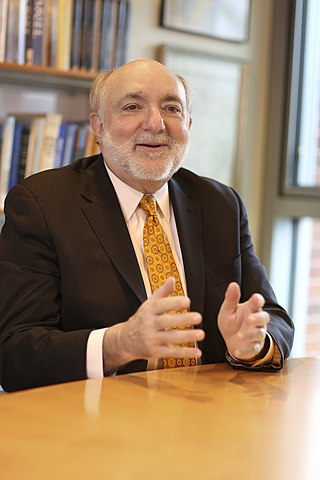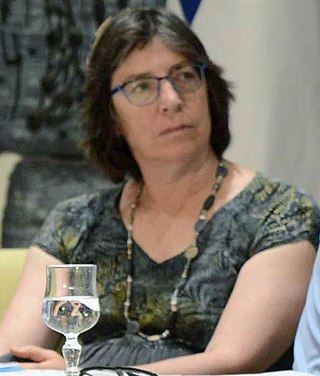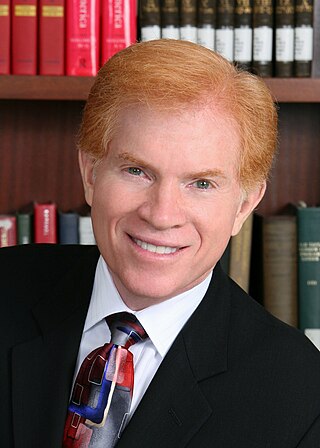The Union for Reform Judaism (URJ),formerly known as the Union of American Hebrew Congregations (UAHC) until 2003,founded in 1873 by Rabbi Isaac Mayer Wise,is the congregational arm of Reform Judaism in North America. The other two arms established by Rabbi Wise are the Hebrew Union College-Jewish Institute of Religion and the Central Conference of American Rabbis. The current president of the URJ is Rabbi Rick Jacobs.

The Hebrew Union College –Jewish Institute of Religion is a Jewish seminary with three locations in the United States and one location in Jerusalem. It is the oldest extant Jewish seminary in the Americas and the main seminary for training rabbis,cantors,educators and communal workers in Reform Judaism. HUC-JIR has campuses in Cincinnati,Ohio,New York City,Los Angeles,and Jerusalem. The Jerusalem campus is the only seminary in Israel for training Reform Jewish clergy.
The Jewish Institute of Religion was an educational establishment created by Rabbi Stephen S. Wise in 1922 in New York City. While generally incorporating Reform Judaism,it was separate from the previously established Hebrew Union College. It sought to train rabbis "for the Jewish ministry,research,and community service." Students were to serve either Reform or traditional pulpits.
Sally Jane Priesand is America's first female rabbi ordained by a rabbinical seminary,and the second formally ordained female rabbi in Jewish history,after Regina Jonas. Priesand was ordained by the Hebrew Union College-Jewish Institute of Religion on June 3,1972,at the Plum Street Temple in Cincinnati. After her ordination she served first as assistant and then as associate rabbi at Stephen Wise Free Synagogue in New York City,and later led Monmouth Reform Temple in Tinton Falls,New Jersey from 1981 until her retirement in 2006. She is featured in numerous books including Rabbis:The Many Faces of Judaism and Fifty Jewish Women who Changed the World.

David Ellenson was an American rabbi and academic who was known as a leader of the Reform movement in Judaism. Ellenson was director of the Schusterman Center for Israel Studies and visiting professor of Near Eastern and Judaic studies at Brandeis University and previously president of the Hebrew Union College-Jewish Institute of Religion (HUC-JIR). He previously served as president of HUC-JIR from 2001 to December 31,2013,and was later chancellor emeritus of that college until his death. Ellenson had served as interim president following the death of his successor,Aaron D. Panken until the inauguration of Andrew Rehfeld,the 10th and current President.
Rachel Adler is Professor Emerita of Modern Jewish Thought and Judaism and Gender at Hebrew Union College,at the Los Angeles campus.
Rabbi David Eli Stern is the senior rabbi at Temple Emanu-El of Dallas,the largest synagogue in the South/Southwest United States and the third-largest in the Union for Reform Judaism. He was selected as the 26th most influential rabbi in America by Newsweek magazine in 2008 and the 30th most influential in 2009.
Rabbi Sheldon Zimmerman is a former rabbinic leader in Reform Judaism. He is a past president of the Central Conference of American Rabbis (CCAR) and Hebrew Union College-Jewish Institute of Religion. In 2000,Zimmerman was suspended from the CCAR after an inquiry regarding inappropriate sexual conduct revealed a pattern of predatory behavior,including fondling and kissing a teenager. He subsequently resigned as the 7th president of HUC-JIR which he had led from 1996–2000.
Eugene B. Borowitz was an American leader and philosopher in Reform Judaism,known largely for his work on Jewish theology and Jewish ethics. He also edited a Jewish journal,Sh'ma,and taught at the Hebrew Union College-Jewish Institute of Religion.
Temple Beth Israel is a Reform Jewish synagogue located at One Bowman Street in Plattsburgh,Clinton County,New York,in the United States. Established in 1861,it initially served Plattsburgh's Jewish population and itinerant Jewish tradesmen in the region. After worshiping in temporary locations,the congregation acquired its first permanent home on Oak Street in 1866. Beth Israel adopted Reform services in 1910,and joined the Union for Reform Judaism in 1913.
Alfred Gottschalk was a German-born American rabbi who was a leader in the Reform Judaism movement,serving as head of the movement's Hebrew Union College-Jewish Institute of Religion (HUC) for 30 years,as president from 1971 to 1996,and then as chancellor until 2000. In that role,Rabbi Gottschalk oversaw the ordination of the first women to be ordained as rabbis in the United States and Israel,and he oversaw the development of new HUC campuses in Jerusalem,Los Angeles and New York City,three of the school's four campuses.

Naamah Kelman-Ezrachi is an American-born Reform rabbi who was named as Dean of the Hebrew Union College-Jewish Institute of Religion campus in Jerusalem starting in July 2009. In 1992,Kelman made history as the first woman in Israel to become a rabbi when she received her rabbinic ordination from Rabbi Alfred Gottschalk.

Gary Phillip Zola is the executive director of The Jacob Rader Marcus Center of the American Jewish Archives (AJA) and the Edward M. Ackerman Family Distinguished Professor of the American Jewish Experience &Reform Jewish History at Hebrew Union College-Jewish Institute of Religion (HUC-JIR) in Cincinnati. Since 1998,he has served as the second executive director of The Jacob Rader Marcus Center of the American Jewish Archives (AJA),succeeding his teacher and mentor,Jacob Rader Marcus (1896–1995). He is also editor of The Marcus Center's award-winning semi-annual publication,The American Jewish Archives Journal.
Women's Rabbinic Network is,according to itself,“the organization of Reform female,nonbinary,genderfluid rabbis,supporting and advocating for our members and the values we uphold to positively impact women in the Jewish community.”
Tamara Cohn Eskenazi is The Effie Wise Ochs Professor of Biblical Literature and History at the Reform Jewish seminary Hebrew Union College-Jewish Institute of Religion in Los Angeles.
Amy Perlin is the first female rabbi in the United States to start her own congregation,Temple B'nai Shalom in Fairfax Station,Virginia,of which she was the founding rabbi in 1986. In 1978,she graduated from Princeton University with a degree in Near Eastern Studies,with summa cum laude and Phi Beta Kappa honors. In 1980 she received a M.A.H.L.,and in 1982 she was ordained by the Reform seminary Hebrew Union College-Jewish Institute of Religion (HUC-JIR). She later earned a Doctor of Divinity degree from HUC-JIR in 2007.
Ellen Weinberg Dreyfus is an American rabbi. She is a founder and former president of the Women's Rabbinic Network.

Lance Jonathan Sussman is a historian of American Jewish History,college professor,Chair of the Board of Governors of Gratz College,Melrose Park,PA and until summer 2022 the senior rabbi,now emeritus,at Reform Congregation Keneseth Israel (KI) located in Elkins Park,PA. He is the author of books and articles including:Isaac Leeser and the Making of American Judaism (1995) and Sharing Sacred Moments (1999),and a co-editor of Reform Judaism in America:A Biographical Dictionary and Sourcebook (1993) and New Essays in American Jewish History (2009). Since 2010 he has also published articles on Judaism and art.
This is a timeline of LGBT Jewish history,which consists of events at the intersection of Judaism and queer people.

Benay Lappe is a rabbi and a teacher of Talmud in the United States. In 2016,Lappe was awarded the Covenant Award for innovation in Jewish education by the Covenant Foundation.






